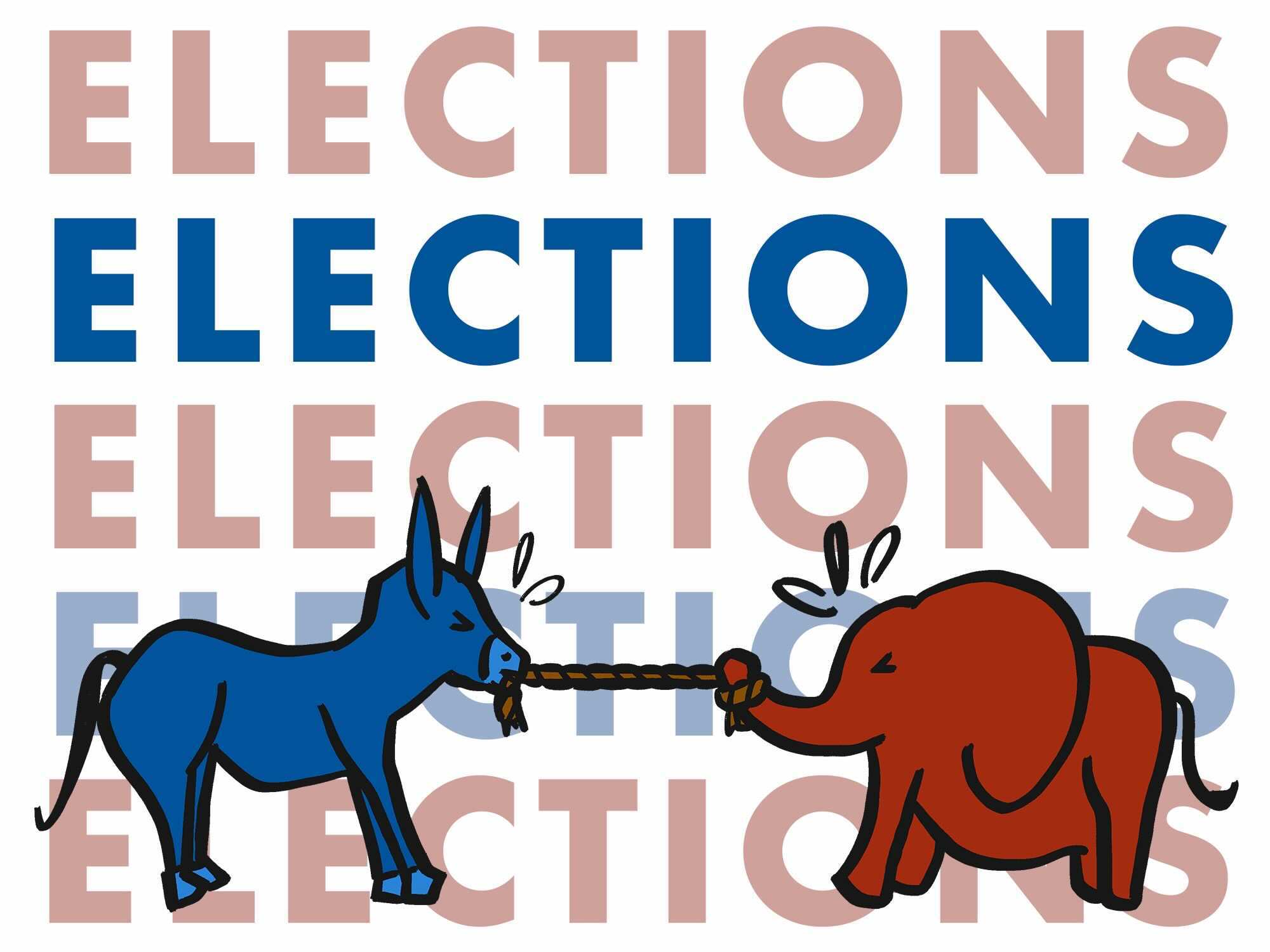Two weeks ago, Vice President Kamala Harris sat down with Fox News anchor Bret Baier for a conversation. This “conversation” entailed a series of heated questions and provocative moves by Baier, followed by Harris’ redeeming responses and self-advocacy. In a country where commentary turns contentious and interviews resemble debates, achieving meaningful “conversation” is difficult.
With Stanford students frequently engaging in political activity, this topic is more pertinent than ever. Many of us may have our minds made up about the presidential election. Yet, in an election as divisive as this one, voters everywhere — from pressured Pennsylvania citizens to Stanford students — must advocate more strongly than ever for their views.
Scoring political points over the “other side,” angry disputes, fake interviews and polarizing speech are the opposite of what is needed. Instead, meaningful conversation is key.
Meaningful conversations occur when diverse perspectives are offered and thoroughly discussed, when evidence and empirical reasoning are emphasized, when candidates can speak without being interrupted and when minority groups are offered equitable platforms to share their opinions. Meaningful conversations occur in deliberative democracy.
In deliberative democracy, decisions are made by a randomly-selected sample of individuals from the population, as opposed to policymakers and officials. Due to its random nature, this sample is intended to be representative of a nation’s demographics. These individuals engage in thorough discussions of political topics, which leads to policy-making. Instead of polarized arguments and circular logic, this deliberation process offers participants a balanced understanding of each perspective via equally moderated arguments.
With the 2024 elections rapidly approaching, deliberative democracy may seem irrelevant for the time being. Yet, principles of deliberation are the solution to our political gridlock, impacting everything from open forum social media platforms to our everyday interactions.
On social media platforms, it is customary to express support for those you agree with and reject opposing opinions. Combined with algorithms, groups of like-minded users form on sites, while others are pushed to find their own “enclaves.” When applied to politics, the result is affective polarization, which encourages members of opposing parties to view the other in an increasingly negative light.
Even beyond social media, affective polarization is the norm. From Democrats being accused of monetary corruption by Republicans to Stanford students’ shouting at conservative Judge Kyle Duncan, polarization is immense. While Vice President Harris has made efforts to accommodate conservative voters, former President Trump continues to propagate polarizing misinformation.
With the 2024 elections rapidly approaching, this topic is of great concern. To reverse Americans’ negative views about politics and candidates, great change is necessary. That change is deliberative democracy.
In 2019, CNN and Stanford faculty tested the effects of deliberative democracy on more than 500 individuals. What was the result? When people discussed politics, considering both opposing and supportive perspectives, many understood or even drew closer to the opposing side. This was reflected in the voting dynamics of the same group of individuals in the 2020 elections.
These meaningful conversations don’t just depolarize. They help to shape voters’ views on specific issues, such as abortion rights and climate change. Rather than voting solely based on political affiliation, voters may thus be inclined to research the policy stances of candidates when making their decisions.
Stanford Professor James Fishkin, a forerunner in the field of deliberative democracy and the inventor of Deliberative Polling, strongly believes in the system’s merits. Fishkin told The Daily that most people are communicating with the like-minded, and consulting sources of information that are already congenial to their point of view. Certainly, this is what America has been seeing with the growing partisanship of media outlets such as MSNBC and Fox News. Fishkin stressed the importance that moderated conversations with diverse perspectives has on the overall health of our democracy.
Fishkin has employed deliberative democracy internationally to great success. In Bulgaria, for example, his team used it to discuss the condition of the Roma, who are the most discriminated-against group in Eastern Europe. The Bulgarian government had perpetuated segregation of schools between the Roma and Bulgarian people for years. After employing deliberative techniques among citizens, desegregation was ultimately integrated into Bulgarian education.
Recent work by Professor Fishkin’s team has shown that the power of deliberation in depolarization remains game-changing, even as we approach the 2024 elections. In a report published August 2023, they conducted a series of Deliberative Polling sessions which showed how, through deliberation amongst diverse groups of Americans, the sample of pollsters was able to achieve a much higher rate of bipartisan support on previously divisive topics.
However, an overarching issue still remains: The process of actually implementing this system would be time-consuming and complex. Unfortunately, just six days remain until election day. America can’t afford to wait for deliberative democracy to save the nation.
So, what can we, as individuals, do to learn from the principles of deliberative democracy? Professor Fishkin has some words of wisdom on the matter.
“Think for yourself,” he said. “Think about the issues. Don’t just vote based on personalities…look at what the candidates and parties at all levels are offering…Think through the smokescreen of vague platitudes.”
